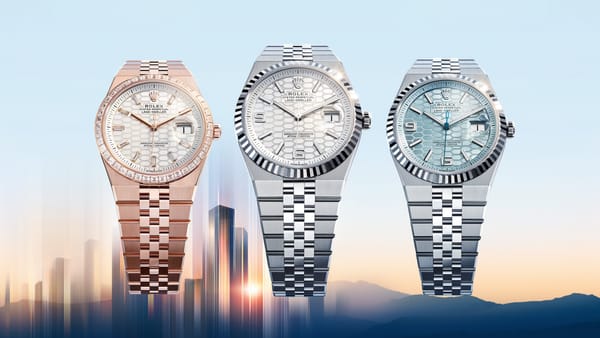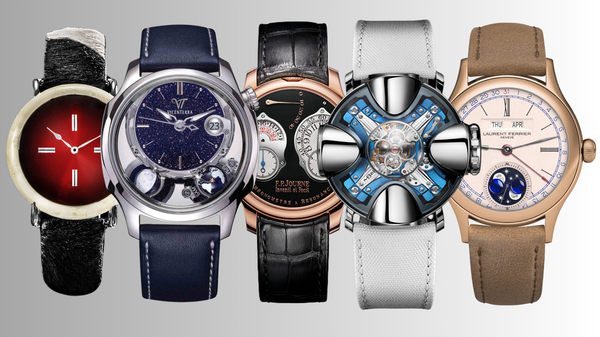The Biggest Lie About Expensive Bottles of Wine
The notion that expensive wine is always better has permeated our understanding of wine culture. We often associate higher prices with superior taste, believing that a bottle from a renowned vineyard will automatically deliver a richer experience.

For many years, people have believed that expensive wine is always better. It is easy to think that a higher price means better taste or quality. Expensive wines are often found at fancy restaurants, displayed in wine cellars, and enjoyed by people who want to feel special. But what if this idea is not true? The belief that expensive wine is always the best is one of the biggest lies in the world of wine.





